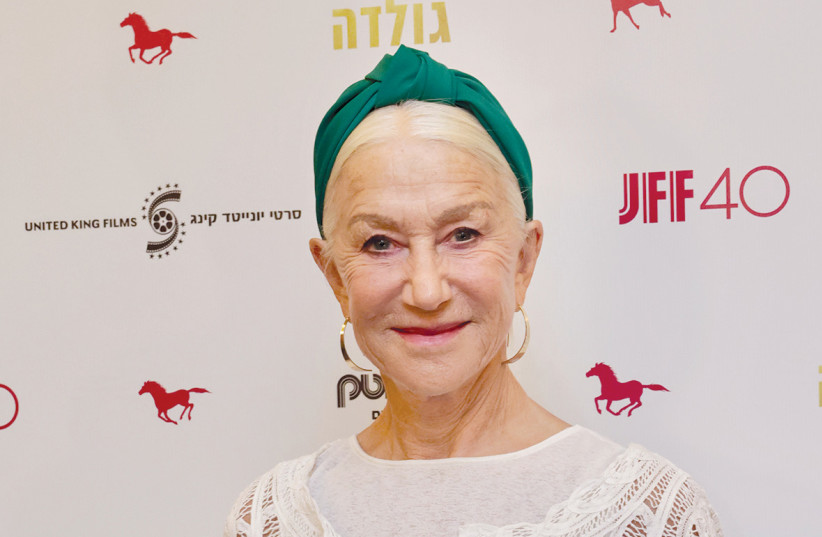PRESIDENTIAL SUMMIT
“America’s commitment to Israel is firm, and it is ironclad,” US President Joe Biden told President Isaac Herzog in the Oval Office on July 18, adding that he had said the same thing to Prime Minister Benjamin Netanyahu in a phone call a day earlier, in which he invited Netanyahu to Washington for a meeting. However, Biden later told The New York Times op-ed columnist Thomas L. Friedman that Israel’s leaders should not rush the judiciary overhaul but rather seek the broadest possible consensus, warning that the issue could harm “the special relationship” between the two countries. For his part, Herzog told Biden that he was seeking to find common ground between the parties, a sentiment he echoed in an address to a joint session of the US Congress the next day. “I know our democracy is strong and resilient. Israel has democracy in its DNA,” Herzog declared in a speech that elicited 29 standing ovations.

